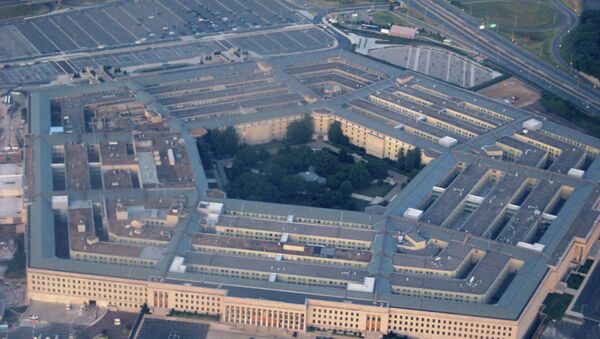WASHINGTON (Sputnik) — Civil wars, collapsed states and new wars have increased instability around the world while the US military advantage of other countries has declined, the US Department of Defense’s new 2015 National Military Strategy warned.
“[G]global disorder has significantly increased while some of our comparative military advantage has begun to erode,” the document released on Wednesday said. “We now face multiple, simultaneous security challenges from traditional state actors and trans-regional networks of sub-state groups.”
The United States remained the world’s strongest nation, enjoying unique advantages in technology, energy and alliances, the Pentagon document stated.
“However, these advantages are being challenged,” it acknowledged.
“[T]oday, and into the foreseeable future, we must pay greater attention to challenges posed by state actors,” it said. “They increasingly have the capability to contest regional freedom of movement and threaten our homeland.”
US planners especially needed to be concerned about the proliferation of ballistic missiles, unmanned systems, space and cyber capabilities, and weapons of mass destruction, the strategy paper explained.
“[These were] technologies designed to counter US military advantages,” it said.
Major states were now using information sharing to develop advanced capabilities of their own, the Pentagon paper noted.
“When applied to military systems, this diffusion of technology is challenging competitive advantages long held by the United States such as early warning and precision strike,” it said.
Because of these developments, future conflicts between states may prove to be unpredictable, costly and difficult to control, the strategy document concluded.


